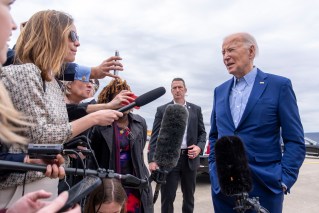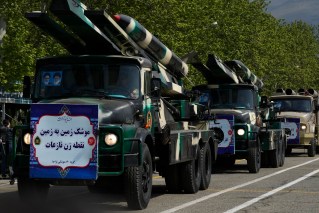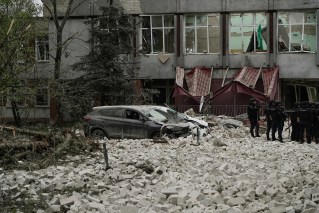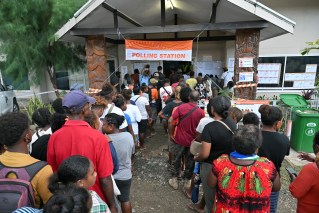RAAF planes flout Russian ‘shoot down’ warnings in skies over Syria

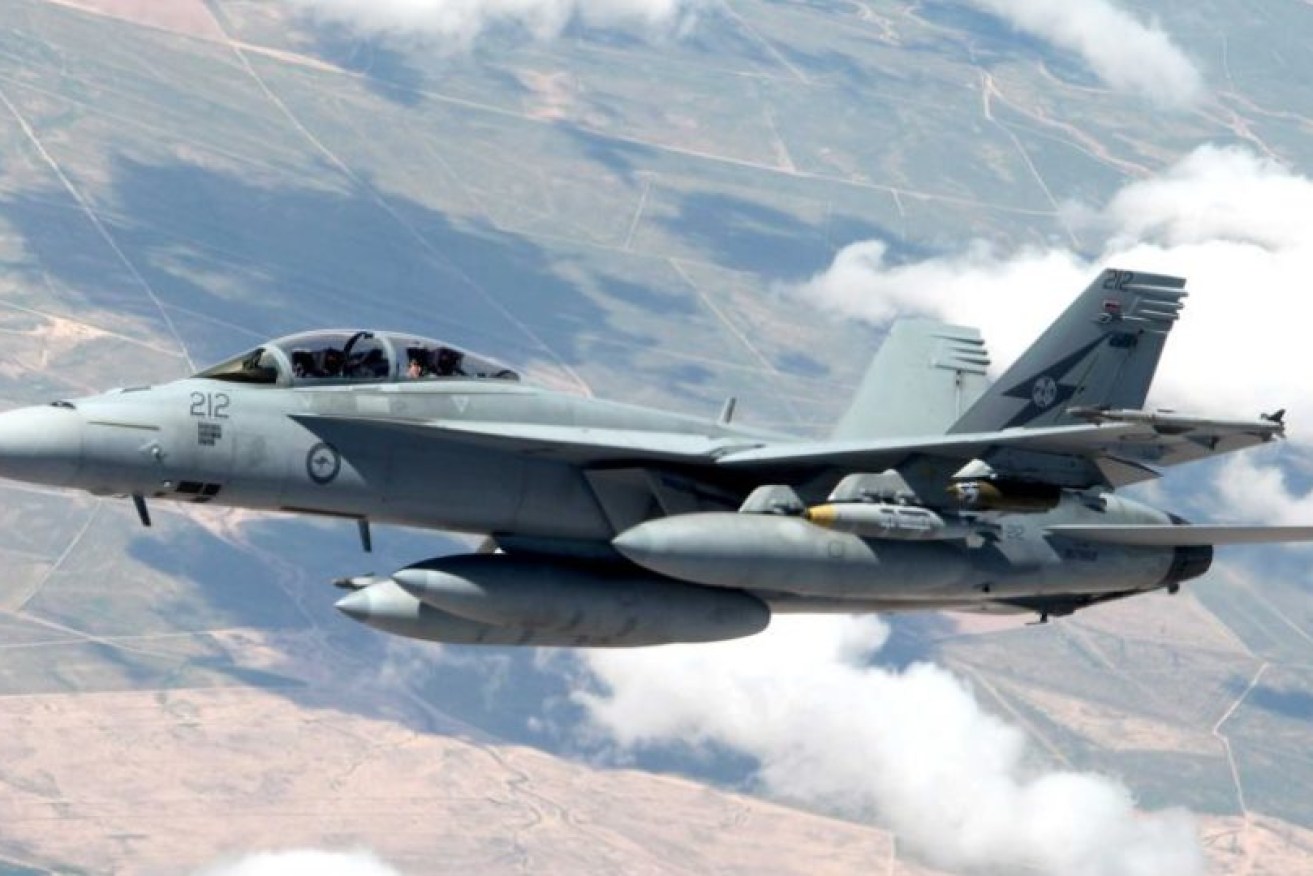
Australian airstrikes against IS are set to continue, but at what cost? Photo: Australian Defence Force
The Australian Defence Force (ADF) has lifted its suspension on airstrikes against Islamic State targets in Syria, but experts believe the decision could be fatal.
Australian strikes were temporarily halted after Russia warned it would treat all aircraft from the US-led coalition as potential targets if they flew west of the Euphrates River.
However, the ADF announced on Thursday that airstrikes will resume, despite the “very high” risk of an armed response.
“The [chance of a] response against western targets will be very high. It is a false assumption to assume Russia won’t attack,” Curtin University defence expert Dr Alexey Muraviev told The New Daily.
“The Russians are willing to make military engagement and any manned or unmanned aircraft will be locked in, targeted and will be tracked. ”
Tensions between Russia and the US have been heightened in the region after the US shot down a Syrian government jet on Sunday, the second in the space of 12 days.
In response, the Russian Defence Ministry issued a statement on Monday, saying: “All kinds of airborne vehicles, including aircraft and UAVs of the international coalition detected to the west of the Euphrates River will be tracked by the Russian SAM system as air targets.”

Russia has warned aircrafts west of the Euphrates River will be targeted. Photo: The New Daily
That means Australian planes face as much a risk of being shot down as their US counterparts, Dr Muraviev said.
“They are not going to distinguish what is a US aircraft or an Australian aircraft, you will be categorised as ‘the other guys’.
“The Russians remain on a high state of alert, so there is a definite degree of risk.”
Australia is the second-largest contributor to the American-led coalition, with the latest figures released by the ADF showing that so far this year Australian FA/18 Super Hornets have dropped 390 bombs on Islamic State positions, 119 in the month of May alone.
Dr Muraviev also said the race to claim sovereignty in the IS-controlled city of Ragga has added to the growing strain of US-Russia relations.
However, University of Adelaide security expert David Olney told The New Daily “there’s always a risk” of an attack on Australian planes flying over the war-torn country of Syria, regardless of a Russian warning.
“The reality of flying over that area is always dangerous,” Mr Olney said.
“The difference is sometimes there’s warnings and sometimes there isn’t, but I don’t really think the underlying sense of threats or possibilities and mistakes really goes up or down very much. It is a chaotic environment where there is no overarching agreement between all the players as to how the airspace should be controlled.”
“The reality is the threats were the same before and the threats will be the same after.
“There’s always a risk anytime you’re flying near a war zone because it’s a confusing airspace with American drones and Israeli drones flying over, and you don’t necessarily know what’s on the ground.
“We also have to remember that the Russian air force had pretty much put all of their fast-jet pilots through their training cycle in Syria, so you have a highly motivated and capable Russian air force flying over.”


